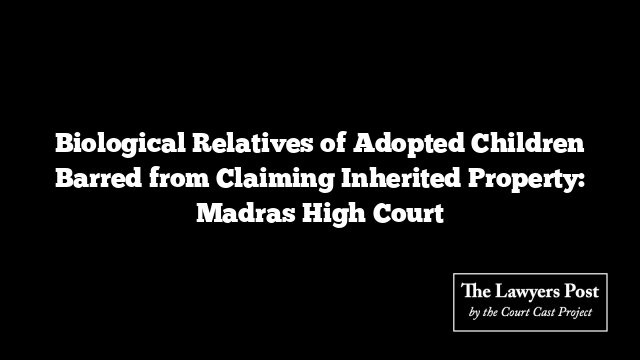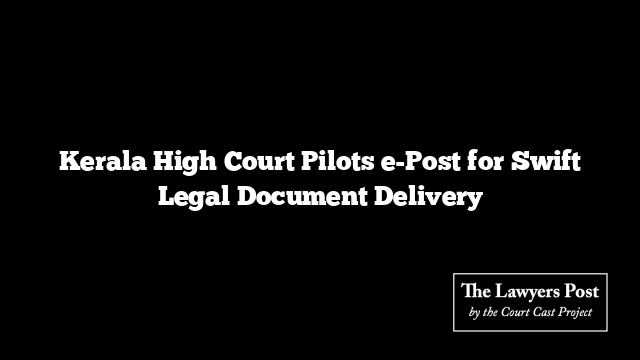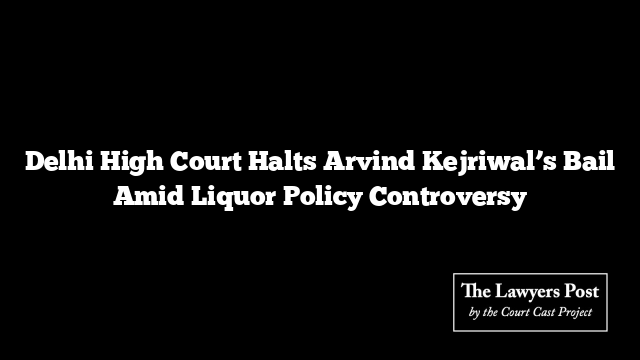In a landmark ruling on June 5, the Madras High Court, led by Justice GK Ilanthiraiyan, declared that biological relatives of individuals adopted under the Hindu Adoptions and Maintenance Act of 1956 cannot claim any property inherited from the adoptive parents.
Justice Ilanthiraiyan emphasized that Section 12 of the Act unequivocally states that once an individual is adopted, all ties with their biological family are severed. This means that after the death of an adopted individual, their biological relatives have no legal standing to seek a legal heirship certificate or claim any inherited property from the adoptive family.
“The ties of the adoptive child with the family of their birth are severed on the date of adoption and replaced by those created by the adoption in the adoptive family,” the Court asserted.
This decision came during the hearing of a petition by V Sakthivel, who sought a relationship certificate and legal heirship certificate to claim the property left by his adopted first cousin, Kottravel, who passed away in 2020 without any direct heirs. Sakthivel contested the claims made by Kottravel’s biological siblings.
The background of the case involves Sakthivel’s family, where his paternal grandfather had two sons, Ramasamy and Varanavasi, and a daughter named Lakshmi. Sakthivel, born to Varanavasi, had his uncle Ramasamy adopt Kottravel in 1999, as Ramasamy had no biological children. Following the deaths of Ramasamy, his wife, and later Kottravel, Sakthivel and his cousins sought to claim Kottravel’s property. However, they faced competition from Kottravel’s biological relatives.
The Court sided with Sakthivel’s counsel, affirming that the adoptive ties replace biological ones, thus quashing the Revenue Divisional Officer’s prior decision that had denied Sakthivel’s request for the certificate.
Advocate Naveen Kumar Murthi represented Sakthivel, while Government Advocate SJ Mohammed Sathik appeared for the respondent revenue authorities.





